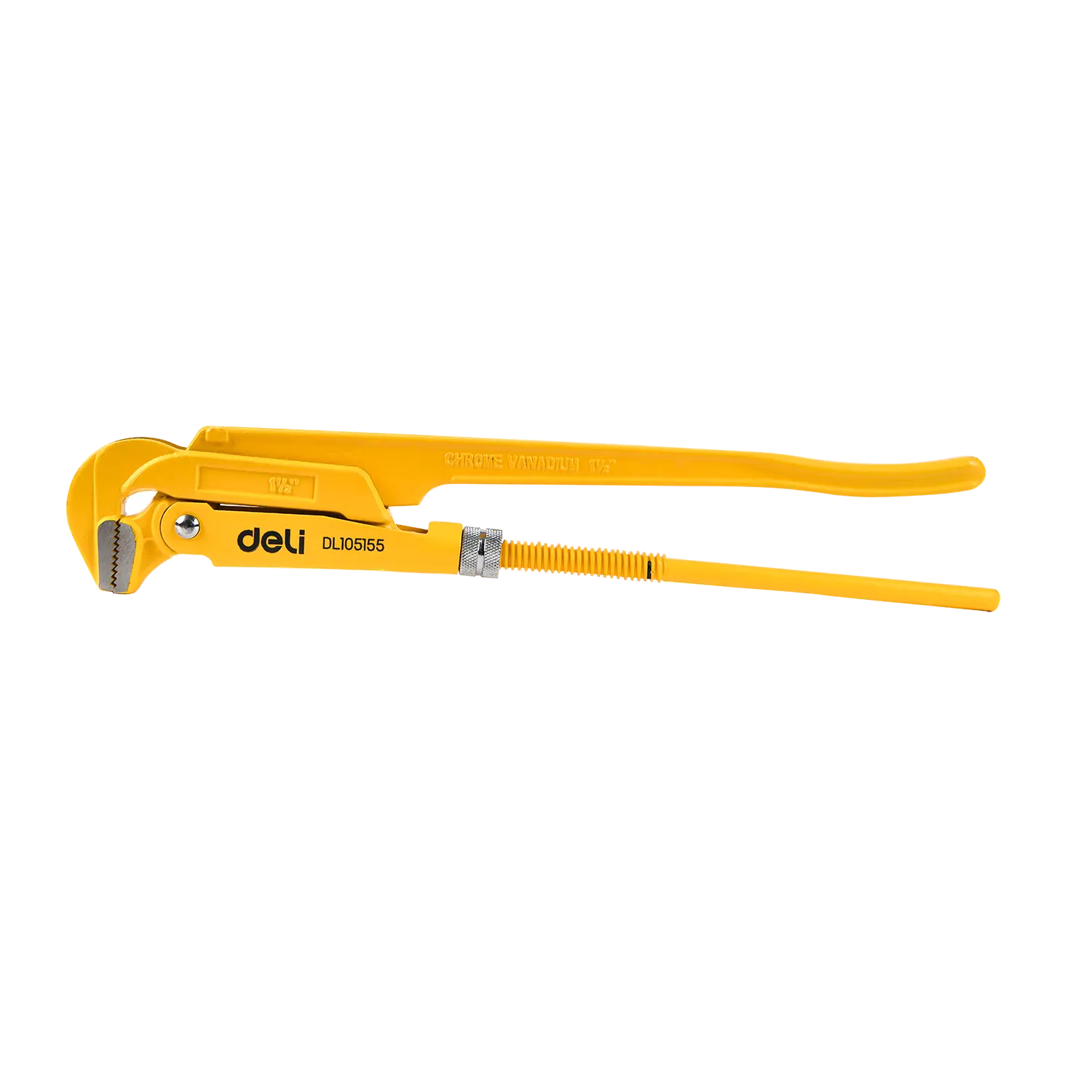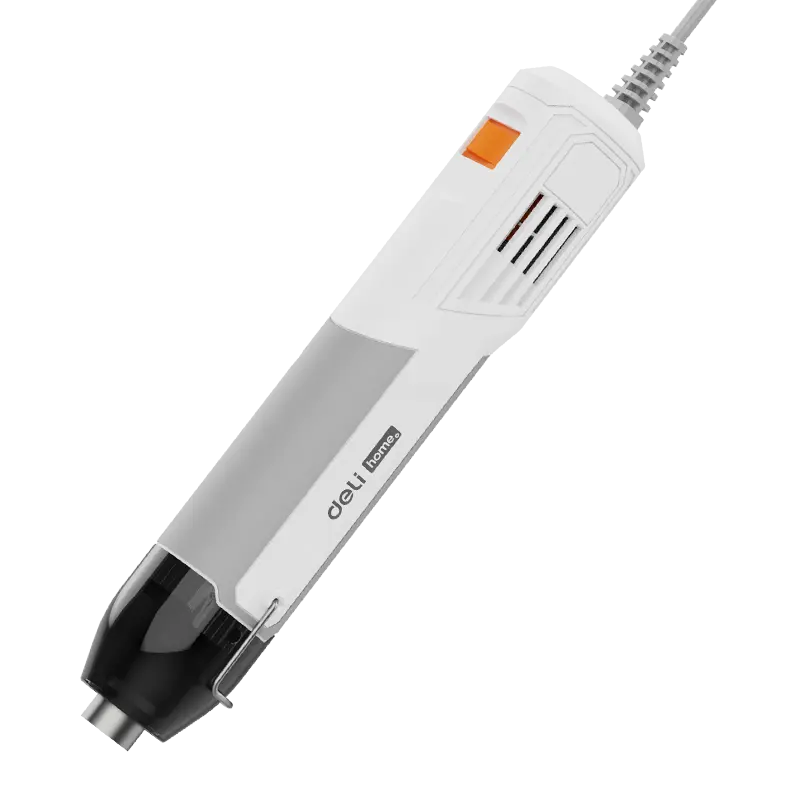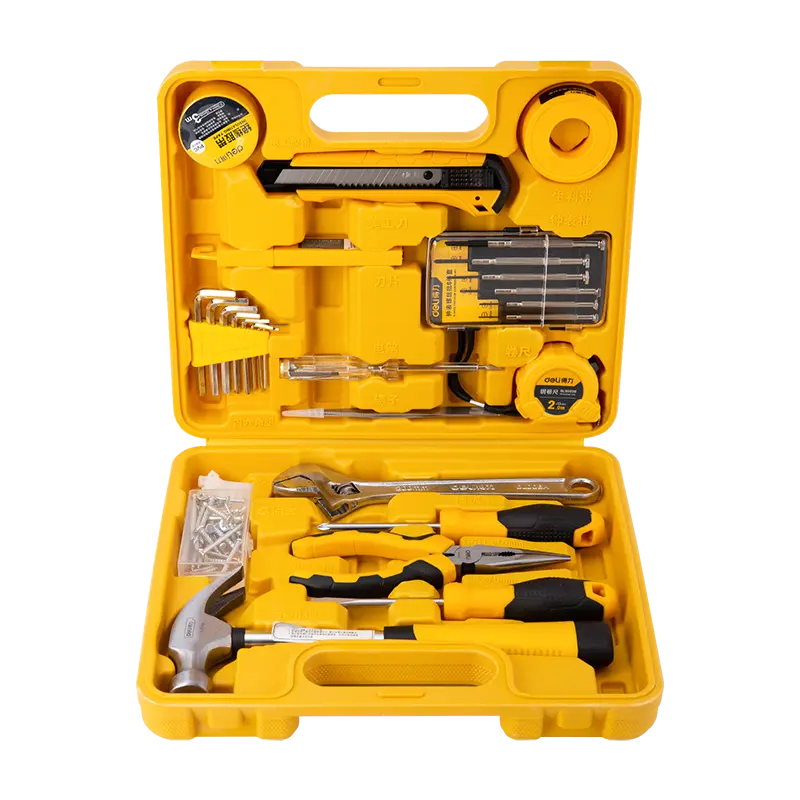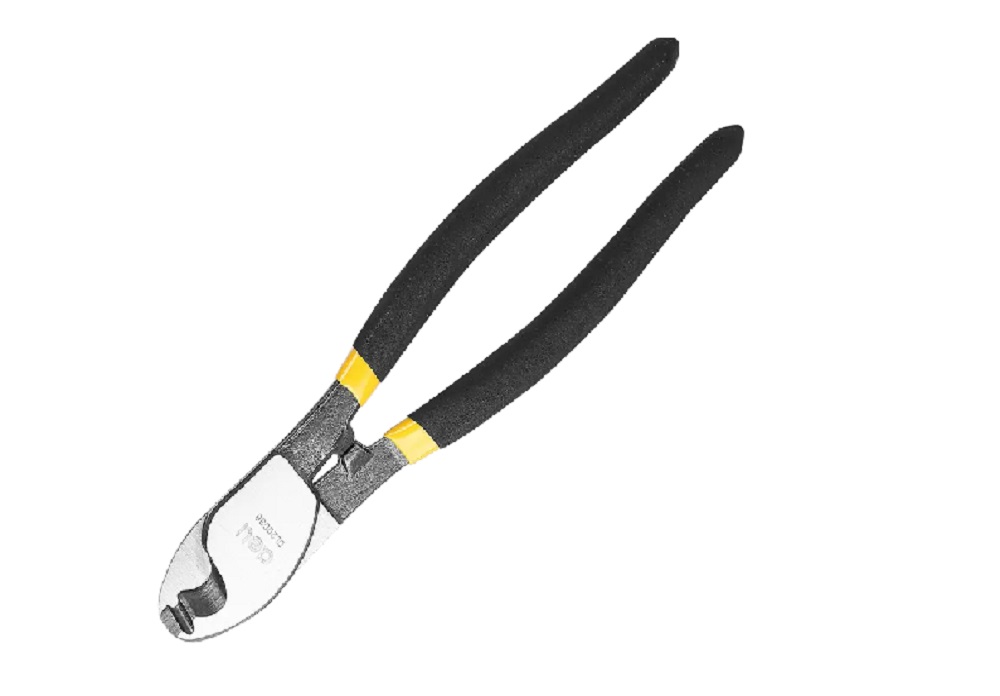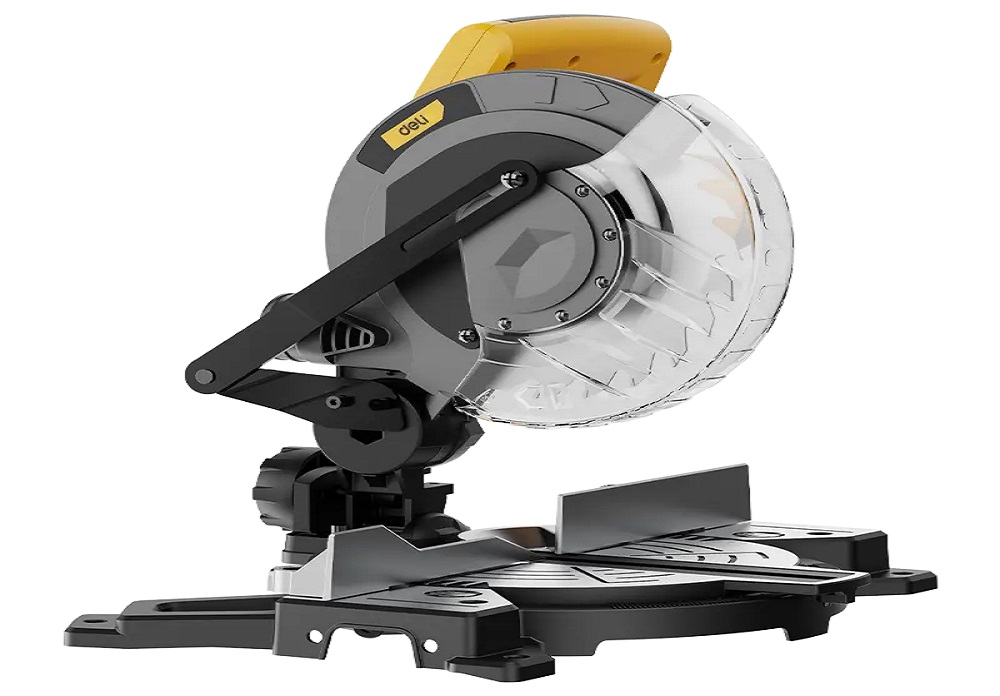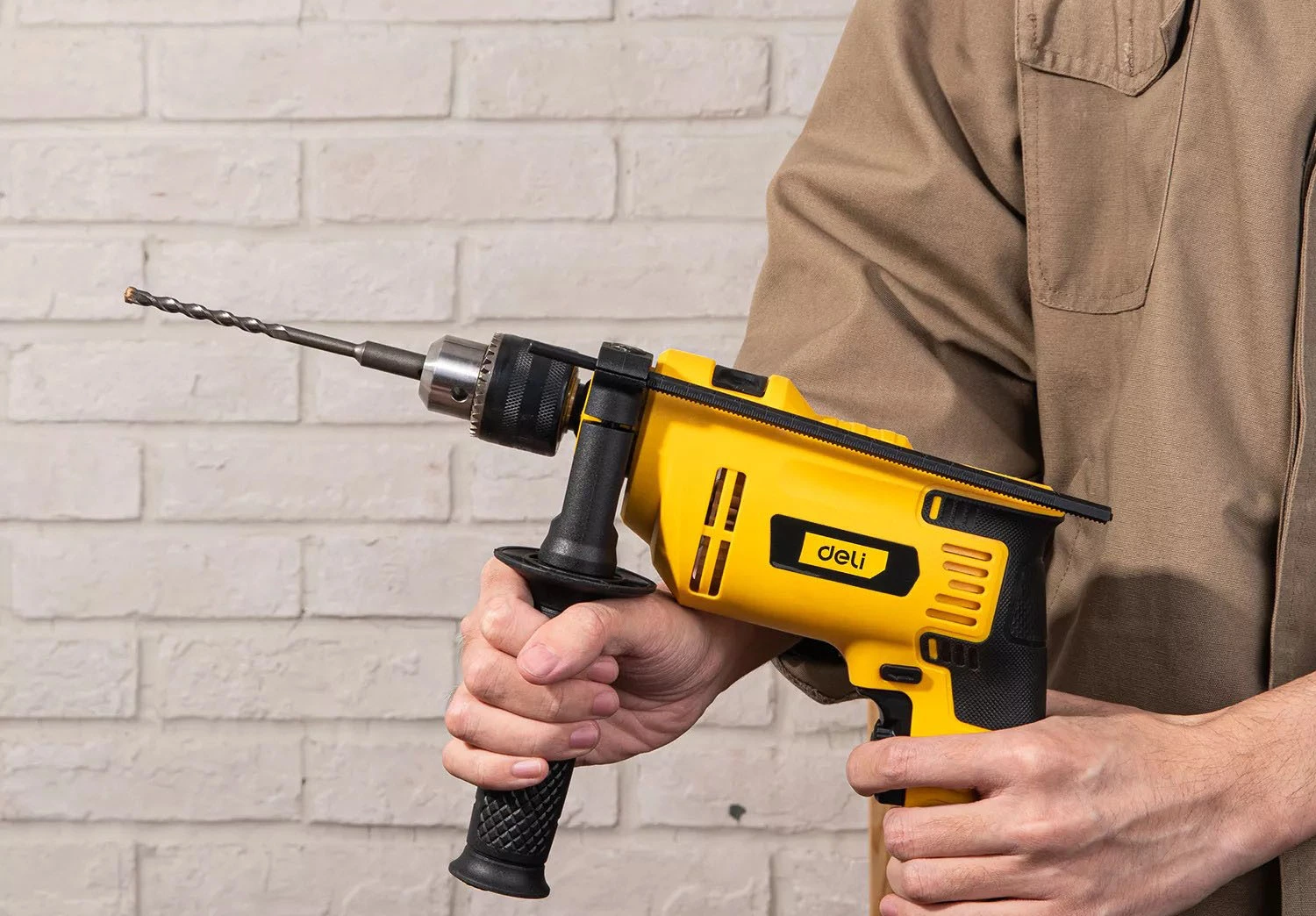The Primary Pipe Wrench Function
The pipe wrench function is centered on providing a secure grip on cylindrical objects such as pipes and fittings. Its adjustable jaw design allows it to clamp onto different diameters, making it versatile for plumbing, construction, and mechanical applications. The unique serrated teeth on the jaw maximize friction, ensuring that the tool maintains its hold without slipping, even when force is applied. This function is especially critical for tightening or loosening threaded pipes, where precision and control are necessary. The pipe wrench function thus ensures that users can perform maintenance and assembly tasks with confidence and efficiency.
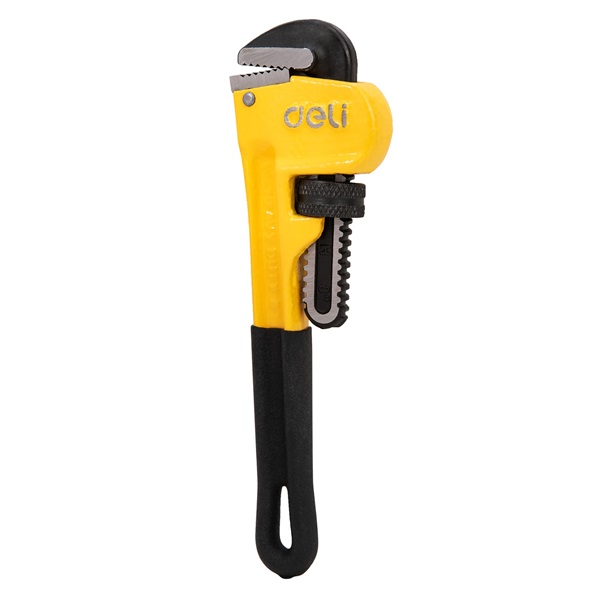
Variations in Pipe Wrench Designs
Pipe wrenches are available in several designs, each created to suit specific tasks and environments. The classic straight pipe wrench is the most widely recognized and is suitable for general pipe work. Offset pipe wrenches provide better access in confined spaces, while end pipe wrenches are designed for working in tight corners where standard models may not reach. Lightweight aluminum pipe wrenches reduce strain during prolonged use, while heavy-duty versions are built for industrial applications. Each design variation reflects a different adaptation of the pipe wrench function, ensuring that professionals and DIY users can select the most effective tool for their needs.
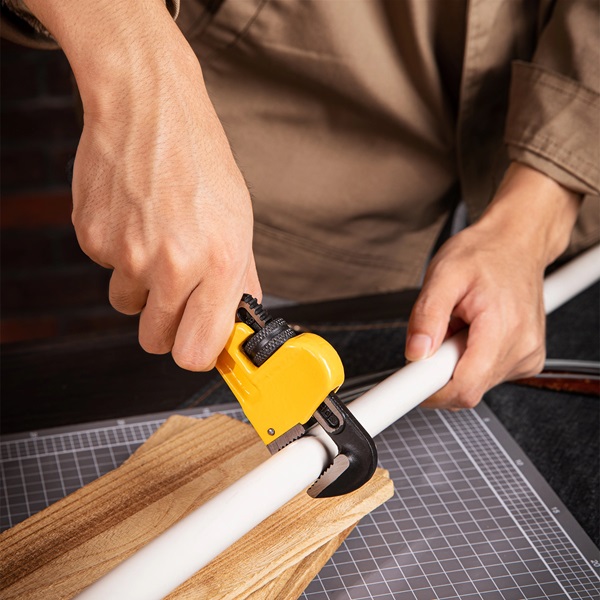
Materials and Durability of Pipe Wrenches
The durability of a pipe wrench depends largely on the materials used in its construction. High-strength steel is commonly employed for jaws and handles to withstand heavy loads and repeated use. Advanced manufacturing processes enhance the hardness of the gripping teeth, extending their life and maintaining reliable performance. Lightweight alloys are also utilized in certain pipe wrench designs to improve handling without compromising strength. Durability is a critical factor because the pipe wrench function often involves significant torque and pressure, making material integrity a key consideration for consistent results.
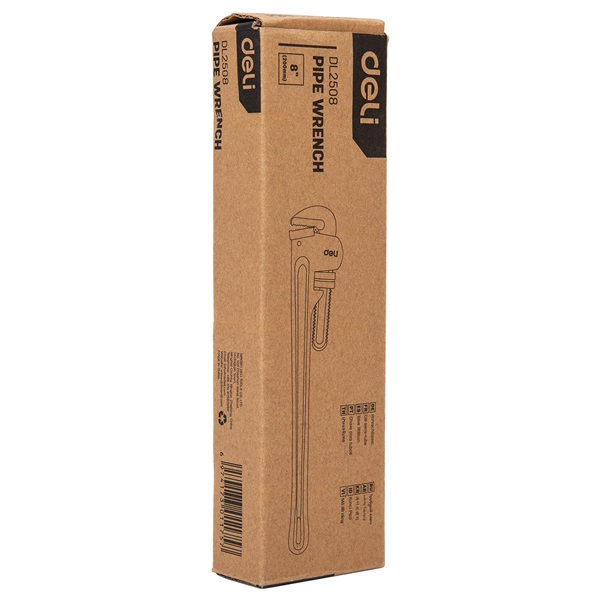
Common Applications of Pipe Wrenches
Pipe wrenches are indispensable across a wide range of applications. In plumbing, they are used to install or repair water, gas, and drainage systems by securing pipe connections. In construction, pipe wrenches assist with structural assembly where metal piping forms part of the framework. Mechanical workshops utilize them for maintaining engines and heavy machinery that rely on threaded pipe connections. Even in DIY and gardening projects, the pipe wrench function is vital for tasks requiring grip and leverage on cylindrical objects. These diverse applications highlight the versatility of the tool and its importance in multiple industries.
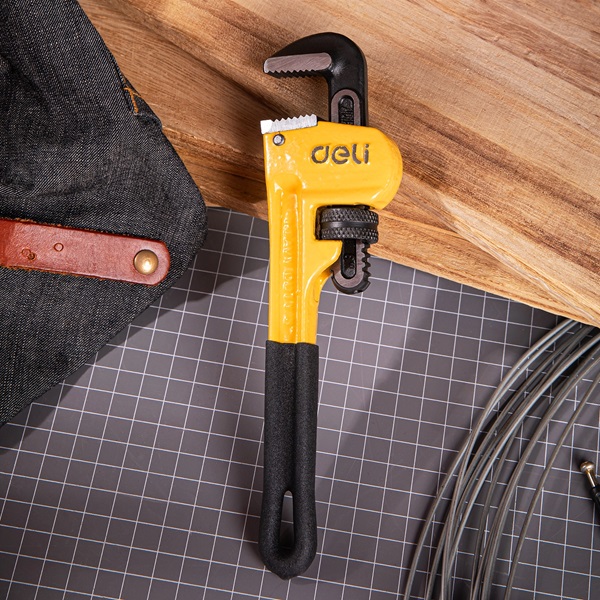
How to Identify a Reliable Pipe Wrench Manufacturer
When selecting a pipe wrench manufacturer, several factors indicate reliability and quality. Manufacturers with advanced production facilities are able to ensure consistent precision in the jaw mechanisms and handle construction. Experience in tool design and global distribution reflects a commitment to meeting diverse customer needs. A reliable pipe wrench manufacturer also prioritizes rigorous quality control, ensuring that each tool performs its function effectively across different scenarios. By focusing on these aspects, users can be confident that they are sourcing tools that meet professional standards and deliver long-term performance.
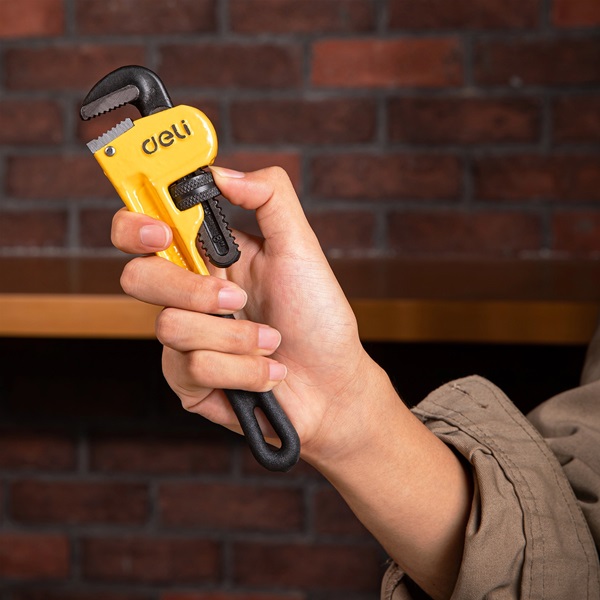


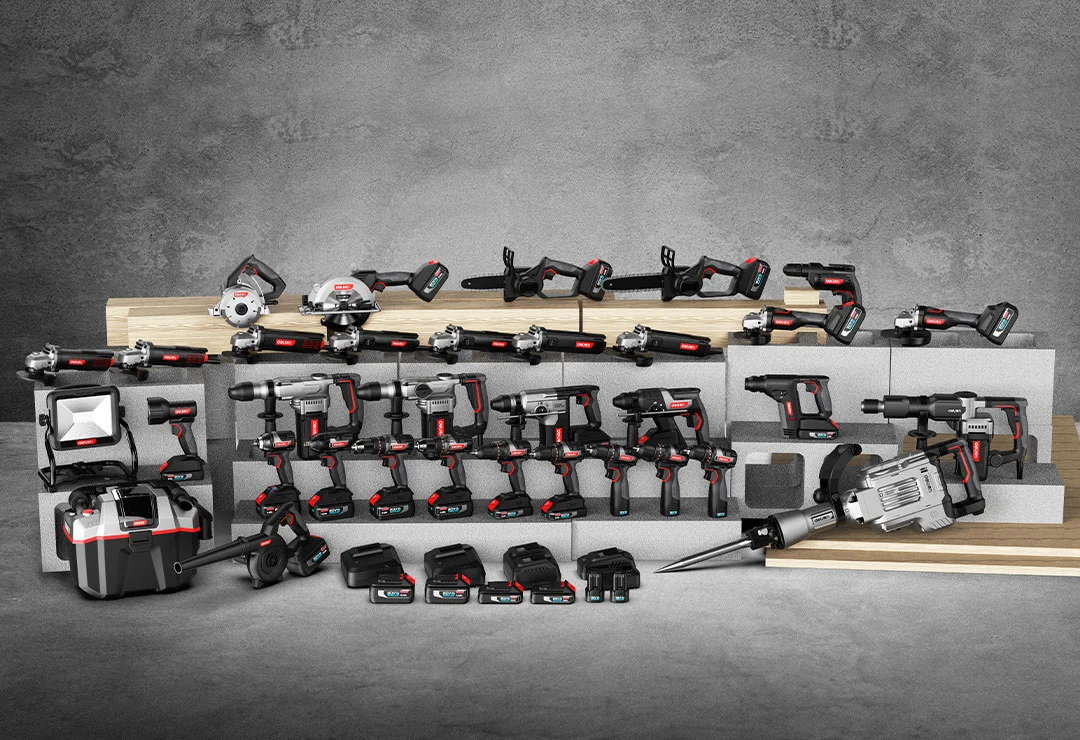
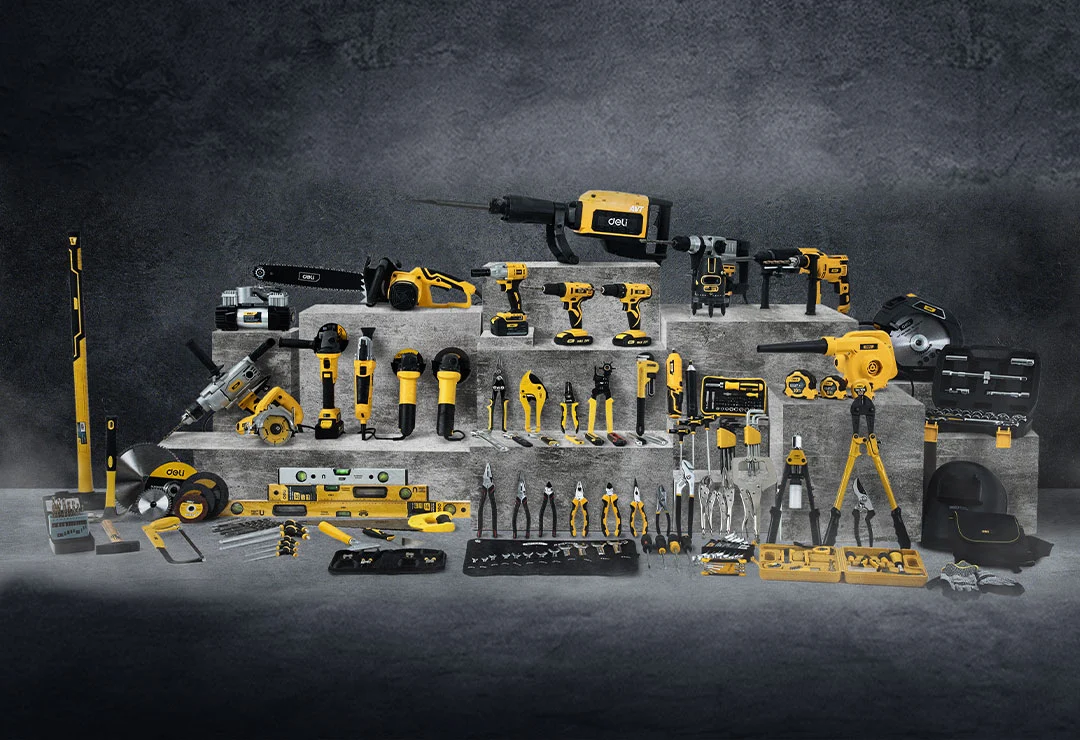
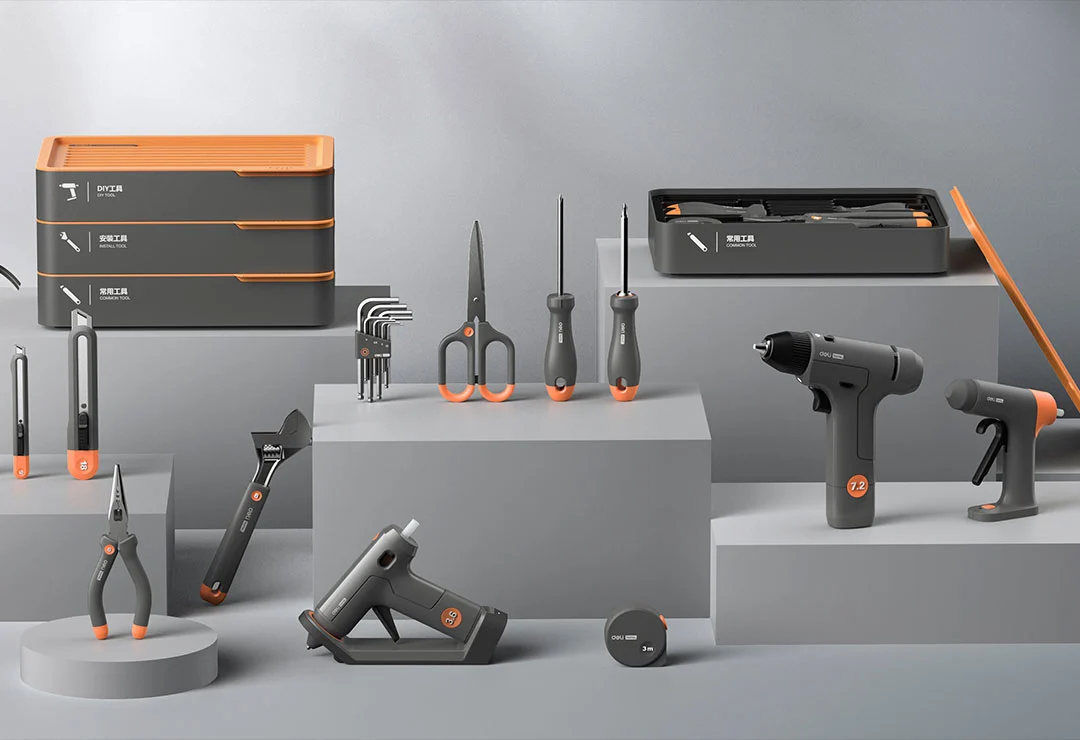
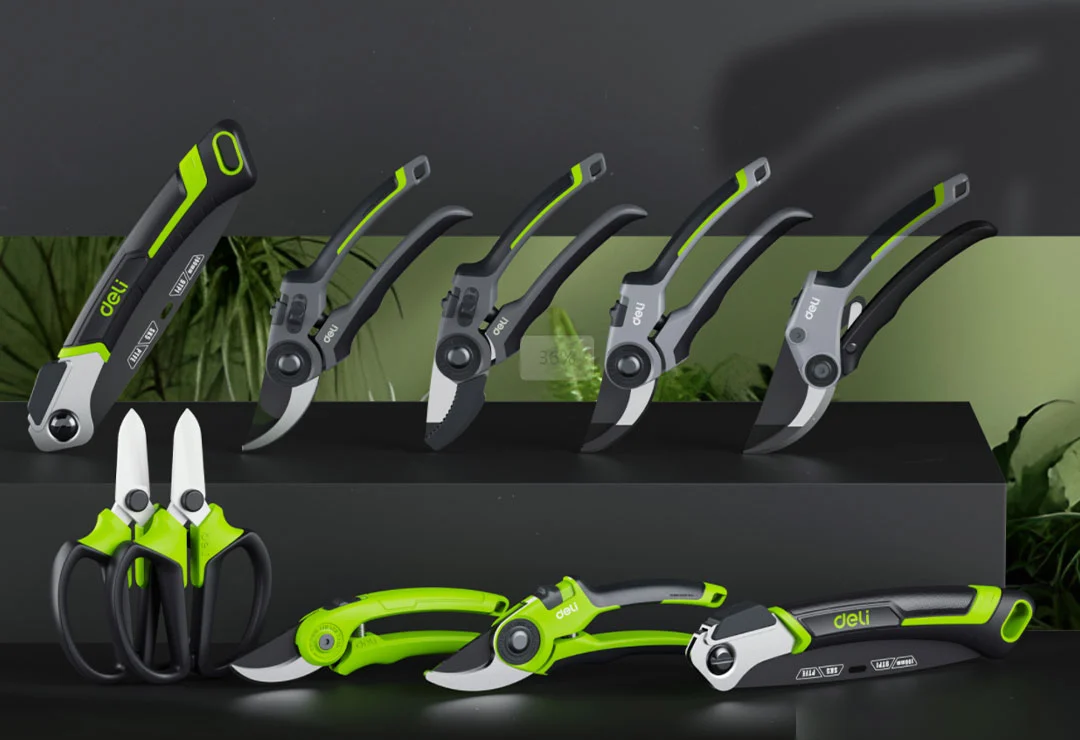
 EN
EN
 jp
jp  ko
ko  fr
fr  de
de  es
es  it
it  ru
ru  pt
pt  ar
ar  vi
vi  th
th  hi
hi  pl
pl  id
id  el
el 





